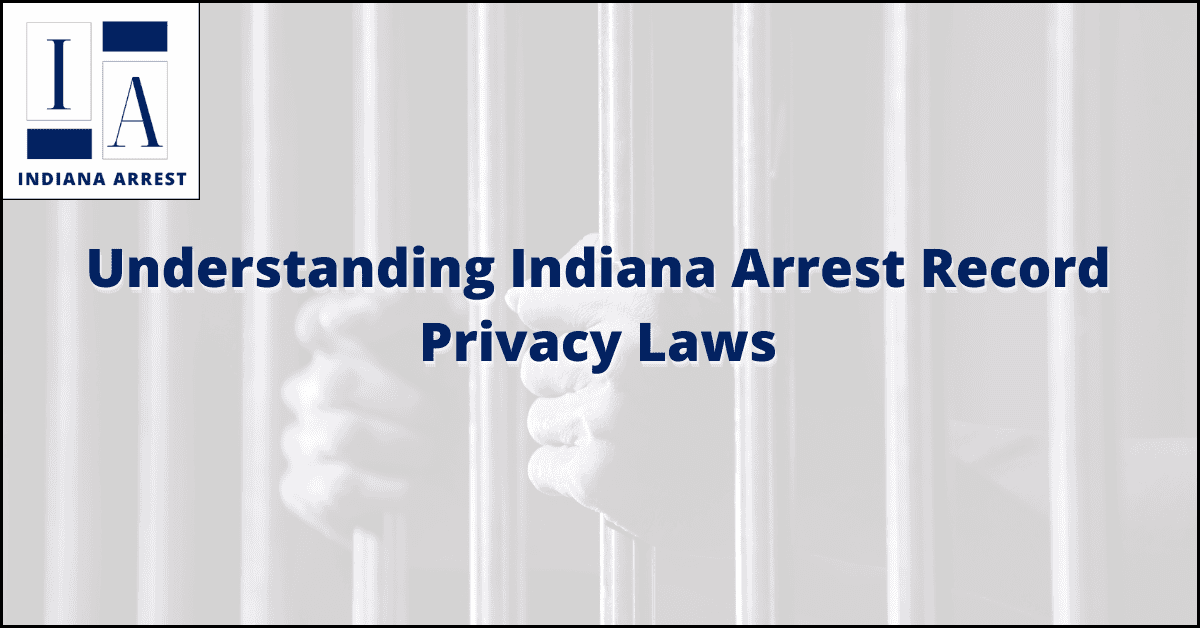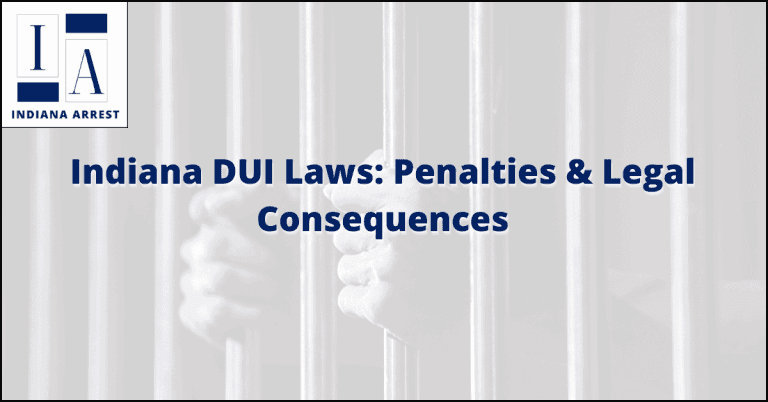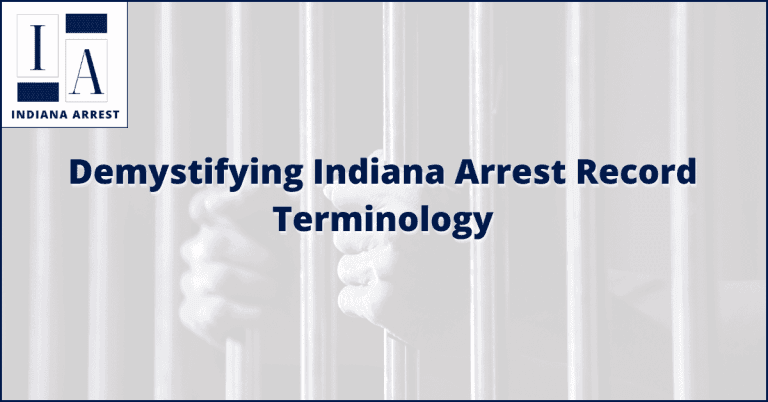Understanding Indiana Arrest Record Privacy Laws
Balancing the imperative of safeguarding individual privacy with the need for transparency in legal proceedings is a cornerstone of the United States’ legal framework. In Indiana, a state with its own distinct legislative landscape, the realm of arrest record privacy and accessibility stands as a crucial and evolving subject. This comprehensive article unravels the intricacies of “Indiana Arrest Record Privacy and Access Laws,” illuminating the rights of individuals, the mechanisms governing public access, and the broader implications for citizens and law enforcement alike.
Exploring Indiana’s Arrest Record Privacy Framework
Individual Rights and Information Security: Indiana acknowledges the personal nature of arrest records, encapsulating details ranging from names and addresses to charges and photographs. To prevent unauthorized access and potential misuse that could harm an individual’s reputation, the state has enacted robust privacy protection laws.
Public Access and Transparency: While safeguarding privacy, Indiana also values the public’s right to access certain arrest record information. Striking a delicate balance, the state has established clear guidelines on the conditions and extent to which such records can be accessed by the general public, ensuring responsible transparency.
Law Enforcement and Criminal Justice Use: In the realm of law enforcement and the criminal justice system, access to accurate and up-to-date arrest records is vital for effective investigations, background checks, and legal proceedings. Indiana’s privacy laws meticulously balance these needs with the imperative of safeguarding sensitive personal data.
Navigating Indiana’s Arrest Record Accessibility
Limitations on Public Disclosure: Indiana’s laws meticulously outline what specific categories of arrest record information are accessible to the public. By setting boundaries on the disclosure of certain sensitive details, the state ensures transparency where appropriate, without compromising an individual’s right to privacy.
Expungement and Sealing Options: Indiana recognizes the potential for rehabilitation and a fresh start. The state offers mechanisms for expungement or sealing of arrest records for eligible individuals. This legal provision empowers individuals to move forward without the weight of a permanent record affecting their future prospects.
Challenges and Debates: The intersection of arrest records, privacy rights, and public access often sparks robust debates. While transparency is highly valued, concerns about stigmatization and the potential for misuse highlight the significance of a nuanced examination of the laws governing access.
FAQS
Who can access arrest records in Indiana?
In Indiana, arrest records are generally considered public information and can be accessed by anyone through the Indiana State Police or local law enforcement agencies. However, certain details may be restricted to protect privacy, especially in cases involving juveniles or sensitive investigations. Always check with local regulations for specific access guidelines.
Can arrest records be expunged or sealed in Indiana?
Yes, in Indiana, individuals can petition to have their arrest records expunged or sealed under certain conditions. Eligible cases typically involve arrests that did not lead to a conviction, specific misdemeanor convictions, and some felonies after a certain period. The process requires filing a petition with the court and meeting all legal requirements for expungement.
Can employers access my arrest records during the hiring process?
In Indiana, employers are generally prohibited from considering non-conviction arrest records in their hiring decisions. Exceptions apply for positions requiring background checks, particularly those involving vulnerable populations.
Are juvenile arrest records accessible in Indiana?
Generally, Indiana seals juvenile arrest records to safeguard the privacy and future prospects of young individuals. Access might be granted in specific cases, but the state places a premium on rehabilitation and protection.
Are there penalties for unauthorized access or misuse of arrest records?
Indiana imposes penalties for unauthorized dissemination or misuse of arrest records. These penalties serve to deter the misuse of personal information and uphold individuals’ privacy rights.







